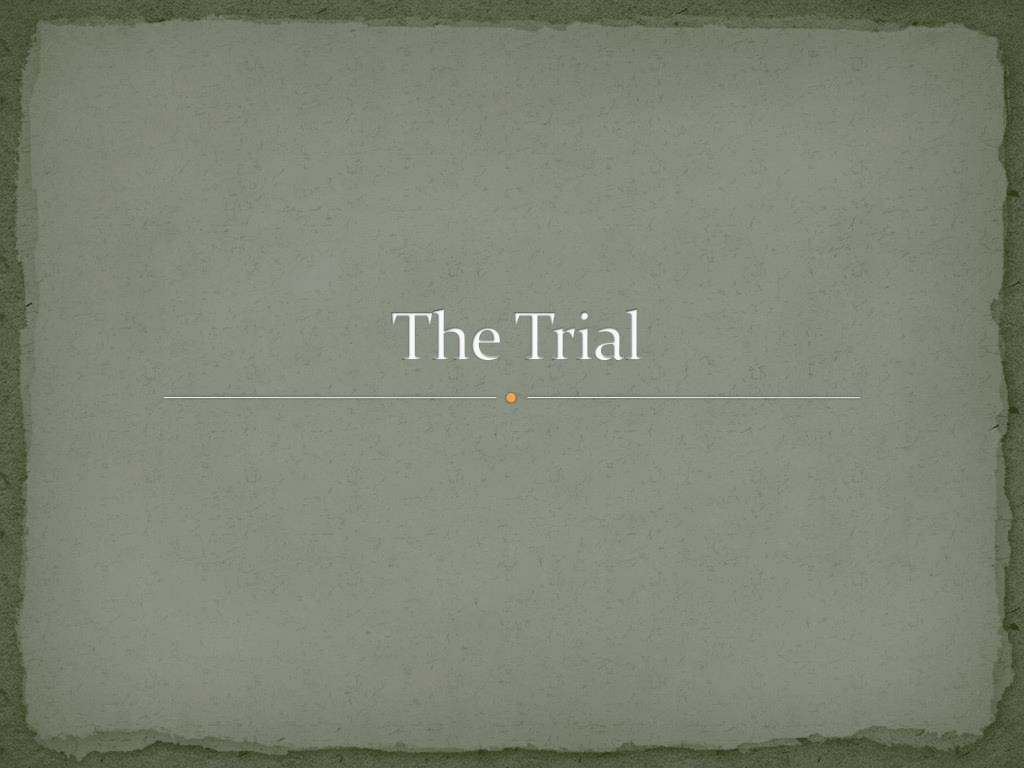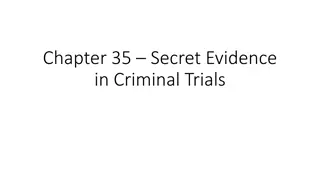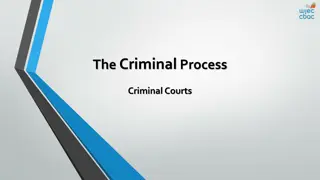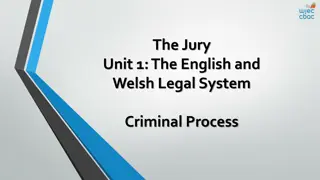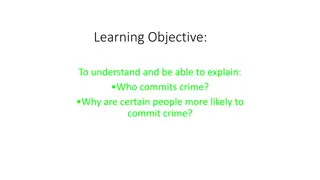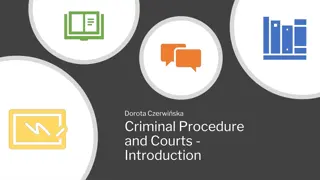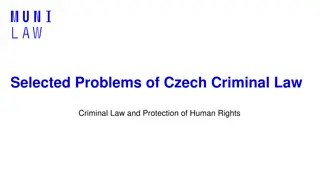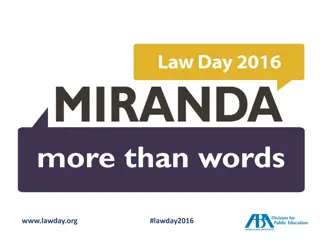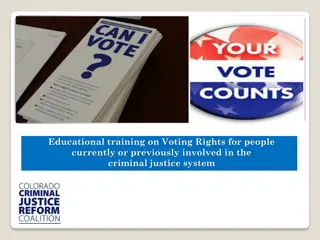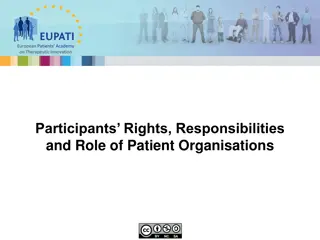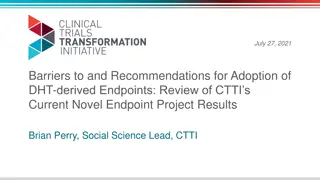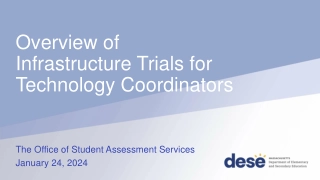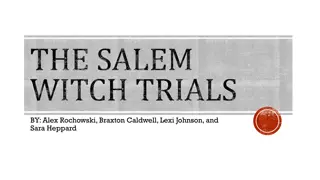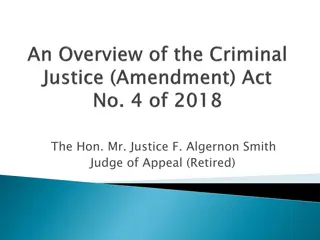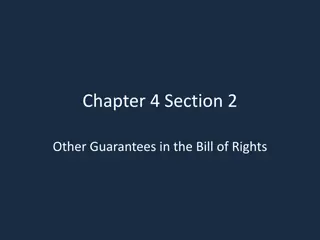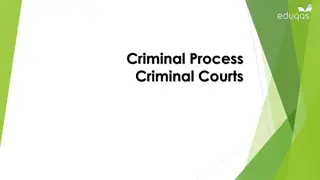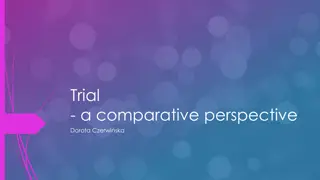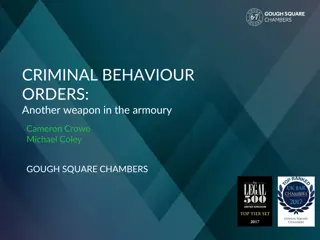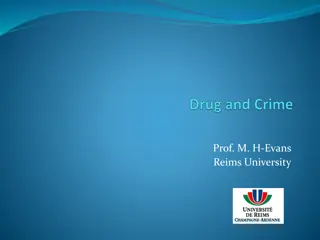Rights and Procedures in Criminal Trials
Explore the key elements of a criminal trial process, including plea bargains, right to jury trial, speedy trial, confronting witnesses, and freedom from self-incrimination. Learn about the defendant's options in case of wrongful conviction and the sentencing procedures undertaken by judges.
Download Presentation

Please find below an Image/Link to download the presentation.
The content on the website is provided AS IS for your information and personal use only. It may not be sold, licensed, or shared on other websites without obtaining consent from the author. Download presentation by click this link. If you encounter any issues during the download, it is possible that the publisher has removed the file from their server.
E N D
Presentation Transcript
Question What happens if the parties can t come into a plea bargain agreement?
Right to Jury Trial The 6thamendment guarantees the right to jury trial. A jury is not required in every case. The right to a jury trial can be waived. Voirdire- screening process in which lawyers question prospective jurors Removal for cause Peremptory challenge
Right to a speedy trial The 6thamendment protects the defendant from delay between the presentation of the indictment and the beginning of trial. What is indictment? Grand jury s formal charge(s). Unlike trial juries, grand juries don't decide if someone is guilty of criminal charges that have been brought against them. Grand juries listen to evidence and decide if someone SHOULD be charged with a crime
Right to Confront Witness Defendants can get a court order, known as a subpoena, to require a witness to appear in court to testify. What if you don t show? Can be held in contempt (can be fined or incarcerated for failing to obey the subpoena).
Freedom from self-incrimination Defendants cannot be force to testify against themselves in a criminal trial. Defense attorneys may counsel their clients not to take the stand for their protections.
If the defendants think they are wrongly convicted, they can ask the judge to overturn the jury s verdict, or can ask for a new trial. Defendant can also appeal to challenge either the conviction or the sentencing decision.
Sentencing Judges hold the discretion to determine the actual type, length and conditions of the sentence the defendant will receive. Probation- supervision of a probation officer after agreeing to meet certain conditions, like stay drug-free, not traveling, and getting a job. Home confinement- defendant is sentenced to serve the term at home. Defendant usually wears an electronic monitoring device. Fine- a monetary penalty Death penalty-a sentence to death for comission of a serious crime. 1. 2. 3. 4.
Video https://www.youtube.com/watch?v=hjI8mkotTrM
